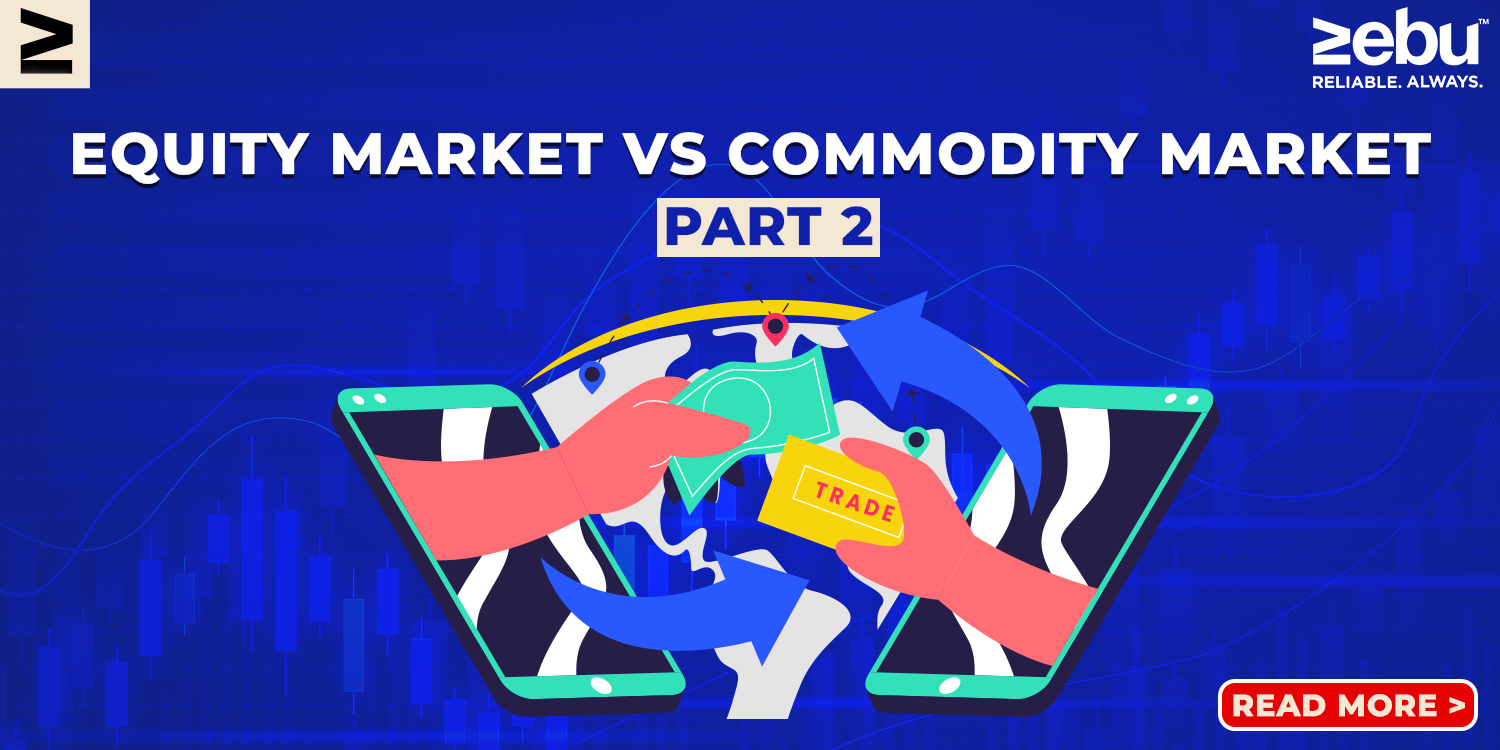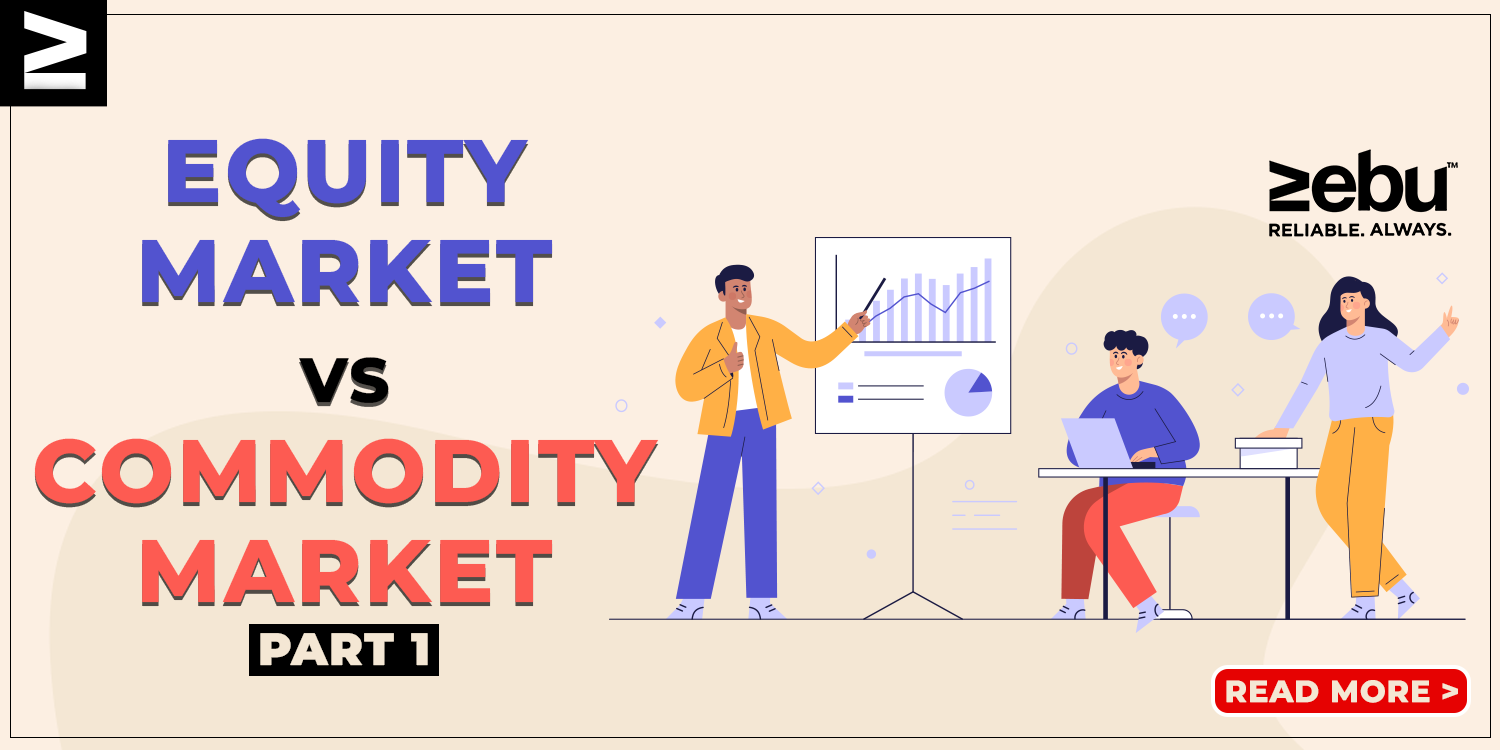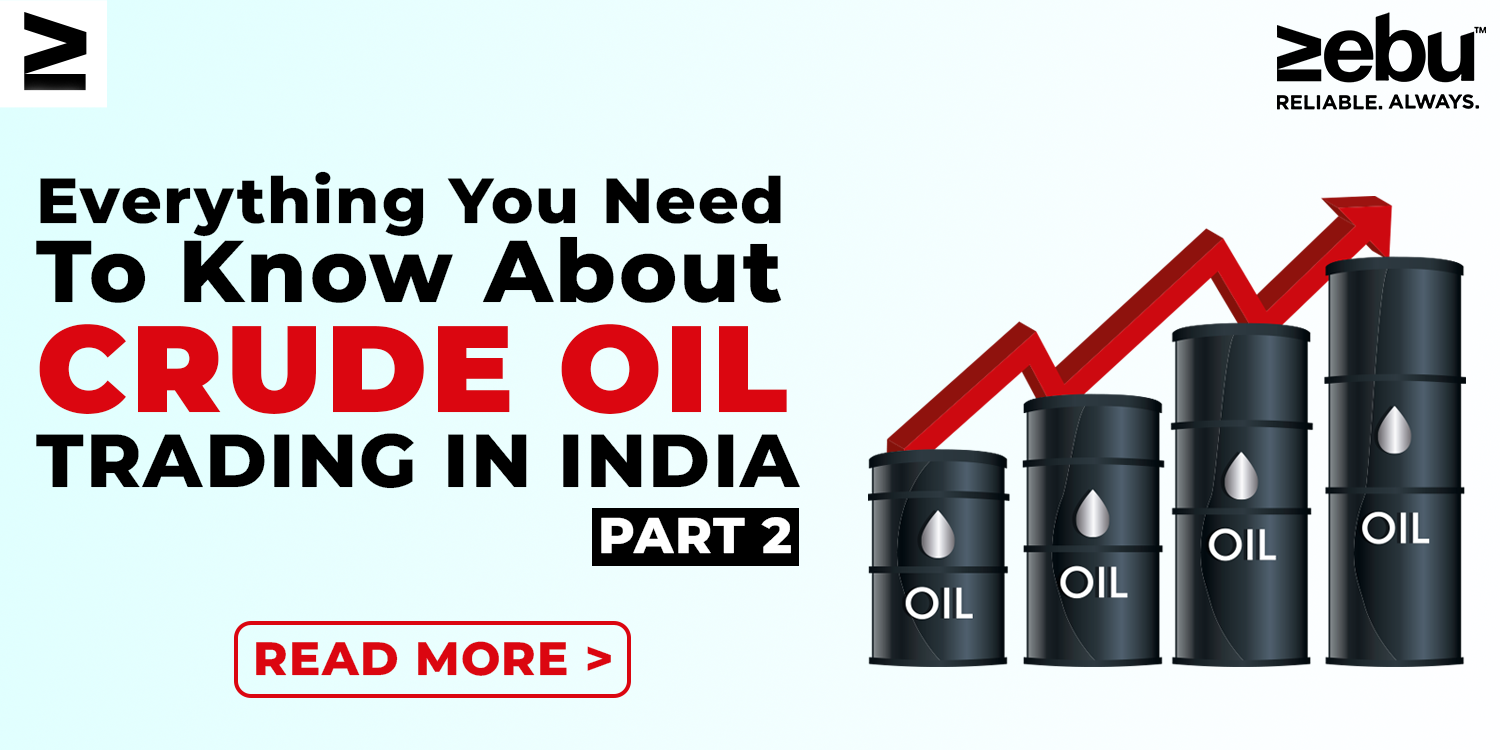
Investors in the stock market can choose to keep their stocks for only one trading day. Stocks, on the other hand, are great investments for the long term because they can be kept for many years or even decades. For commodities trade, on the other hand, the time frame is very different. On the commodities market, contracts that are usually short-term are bought and sold. Also, unlike stocks, they have an end date, which means you have to trade them before the deadline. So, the commodities market is a great place to invest for short-term goals.
Compared to trading stocks, trading commodities often goes on for longer hours. Stocks can be bought and sold from morning to afternoon. However, commodities can almost always be bought and sold.
Here are a few more differences between the stock market and the commodity market.
Bid-Ask spread: The bid-ask spread, which is a measure of liquidity, is lower for stocks. In the stock market, the bid-ask spread is the difference between the highest price a buyer is willing to pay and the lowest price a buyer is willing to accept.
Margin: The margin requirement for trading commodities is lower than for trading stocks. So, it lets traders take bigger risks, which can be very dangerous when the market moves quickly and in large moves.
Key indicators: For equity traders and analysts, the most important things are the quarterly results, the company’s dividend payments, and the state of the economy as a whole in the country. When trying to understand the market, traders in the commodity market put more weight on the demand and supply situation than on other factors. Also, traders in commodities have to pay more attention to macroeconomic factors than traders in stocks, who focus on the fundamentals of the companies and their markets.
Traders and market analysts thought that investing in commodities was a bit easier because it was mostly based on supply and demand. Before deciding how to invest in the stock market, you need to do more research. When you buy a security, for example, you need to look at the company’s earnings and how it has behaved in the past. To understand the copper market, on the other hand, you mostly need to keep an eye on the outlook for industrial growth. So, there are less things to keep an eye on in the commodities market than in the stock market, which may be good for a new trader.
Stocks can be traded directly in the cash part of an exchange, but commodities must be traded using derivatives.
Similarities between the stock market and the commodity market
Both the stock market and the commodity market are affected by many different factors. Take the case of interest rates. Changes in interest rates affect both the market as a whole and the companies that depend on those rates. The interest rate affects how much it costs to keep inventory on hand, which in turn affects the price of goods.
Pick either stocks or commodities
Investors can choose to trade on the stock market or the commodities market, depending on how much risk they are willing to take. On the stock market, a common strategy is to buy an investment and hold on to it for a long time. This is not possible when trading commodities. Whether you trade stocks or commodities will depend on how willing you are to take risks.
If you’re looking for short-term returns, the commodities market might be a better choice. However, investing in stocks is more likely to help you reach your long-term goals. So, investors should keep in mind that stocks and commodities are different in how they are owned and how long they are held.
Open an account with Zebu to trade and invest in both stocks as well as commodities. Get in touch with us to get started today.

